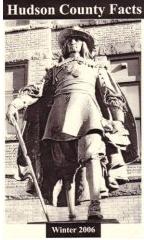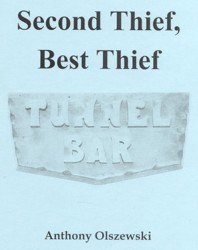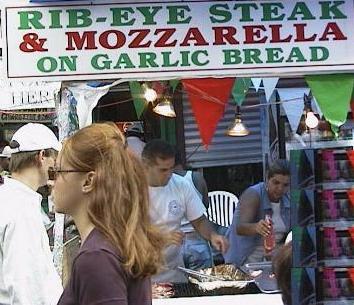
|
1851-1921 By Elmer Davis Originally published 1921 |
| E-mail This Page to a Friend |
|
|
THE Times had been so emphatically Raymond's paper that a good many people naturally wondered, after his death, what was going to become of it. Raymond's partner, George Jones, had long been in charge of the business office, and was the ranking officer, so to speak, of those who were left. But he had had no experience in the supervision of editorial policy; his life had been spent in the business office, and few outsiders realized how thoroughly the long friendship and partnership between Raymond and Jones had indoctrinated each with the principles of the other. Nor did Jones have anything like a controlling interest in the paper. The Raymond estate, with thirty-four of the hundred shares, was the heaviest stockholder; Jones had or controlled, in 1869, about thirty. And since Raymond's son, then finishing his course at Yale, was preparing to learn the newspaper business from the ground up, it was the general expectation that in time he would succeed his father.
But The Times could not wait for him. On July 22, 1869, some five weeks after Raymond's death, the three directors of the company - Jones, Leonard W. Jerome, and James B. Taylor - elected John Bigelow editor. It might have been supposed that this was an excellent selection. Bigelow had for
|
|
History of the New York Times Main Menu |
|
|
|
Exercising for Fun and Fitness |
|
|


|
|
 |
| New York City Politics |
|
|

|
|
|
UBERHIPPY |